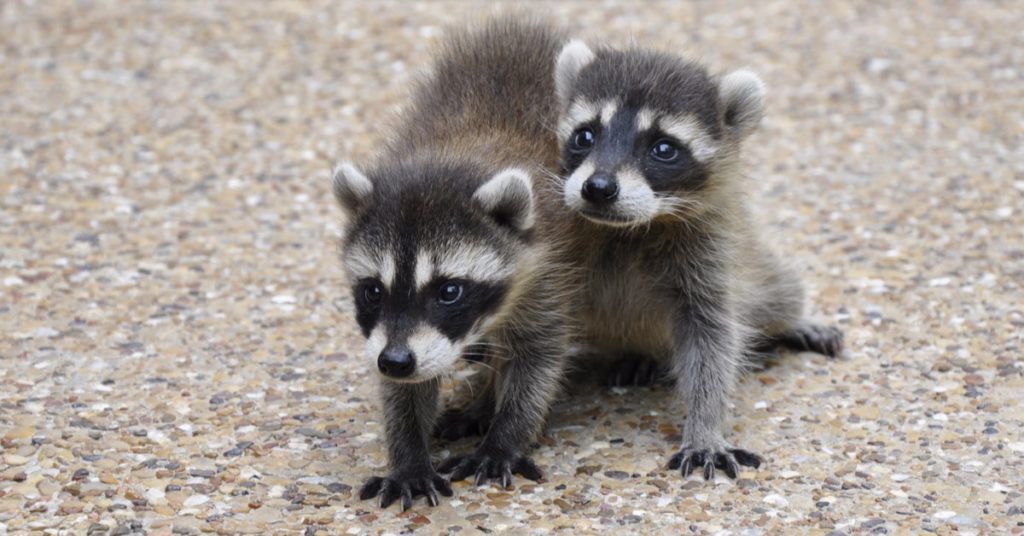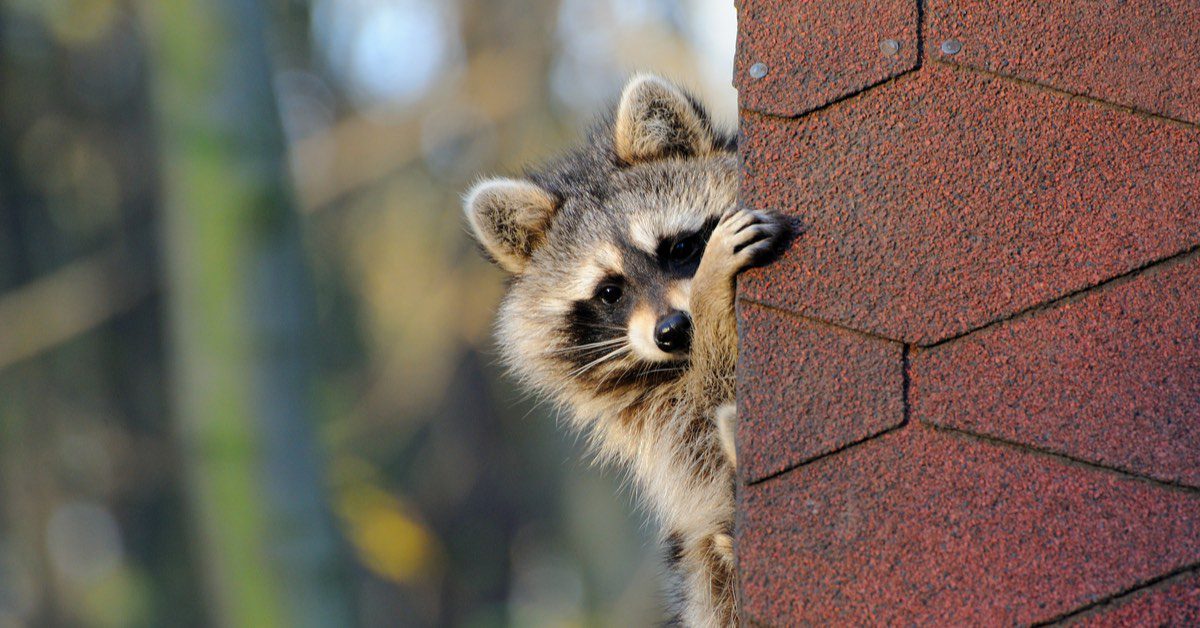Understanding Raccoons and Their Behavior
Raccoons 101: What are they?
Raccoons are one of the most common wildlife animals you will see roaming your neighborhood. They are medium-sized mammals from the Procyonidae family, native to North America, and have a lifespan in the wild of two to three years.
Due to their high population, there is a good chance that one or two live on your street, on your property or even in your attic.
While many people consider raccoons pests and nuisances, they are brilliant animals. Raccoon intelligence is sometimes compared with dolphins and dogs,
When Is Raccoon Season?
During the fall, raccoons are most active as they search for their warm dens for the winter.
During the winter months, raccoons go into a mild hibernation called torpor. They shut down, conserving energy and storing fat. However, during a warm winter, they will come out at night searching for food.
Their mating season is throughout the late winter, peaking in February. Their litters will be born in April and May; however, babies can arrive as early as March and as late as June.
As March approaches, it is time to keep an eye out for them. They will attempt to get into garages, sheds, under decks and most commonly attics. As raccoons prefer to live outdoors, they are actively seeking to create a nest in a warm place for their babies to be born.
In addition to searching for warmth, two of the raccoon’s favorite snacks are pet food and birdseed. They will sneak into a house through a pet gate or an open window to get their next meal.
Baby raccoons will remain in their nesting area for about three months. After that, they will begin to forage out of the attic independently. It is critical to know that these raccoons may not leave permanently. If they find their space warm and comfortable, they will continue to return time after time. The baby raccoons will also return to the exact location to find warmth and give birth to their litters.

Raccoons In The Attic
A common problem that homeowners have is that of raccoons in the attic. Raccoons are extremely common when it comes to setting up a home in an attic. Not only are they messy and destructive, but they also carry diseases that can be transmitted to people and pests by way of their feces and urine. In addition, touching and inhaling their feces and urine can be a significant health risk.
If you’re dealing with raccoons in your attic, you need to take action quickly. If left alone for too long, these pests will make a real mess of your home. They will not only leave their droppings of fecal matter, but they will also destroy insulation and will also cause damage to the structure itself, air ducts and electrical wires.
What To Look Out For
- Visible entry points such as damaged soffits, damaged roof vents and bent siding.
- Listen for loud thumping signs, which are most often heart while you sleep at night.
- Newborn babies cry much like human babies and are very vocal during the early days after their birth.
- While the kits are still young, the mother will hang around and continue to wander the property.
What To Do About Raccoons
Raccoons are certainly a nuisance wildlife animal. If you spot a raccoon on your property or in your attic, we do not recommend trying to get rid of yourself. Remember, by inhaling and touching their feces without the proper protective equipment, you are putting yourself at risk.
Contact NJ Pest Control To Remove The Raccoons Safely and Humanely
Now that you have read the entire article. You are now ready to get help. So let’s wrap up your raccoon problem and end it now. Contact NJ Pest Control for professional raccoon removal services.
If you do not currently have a raccoon problem but still worry about them and have read this article, make sure to bookmark this page to find it easily when you need raccoon removal services.

